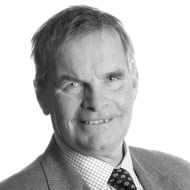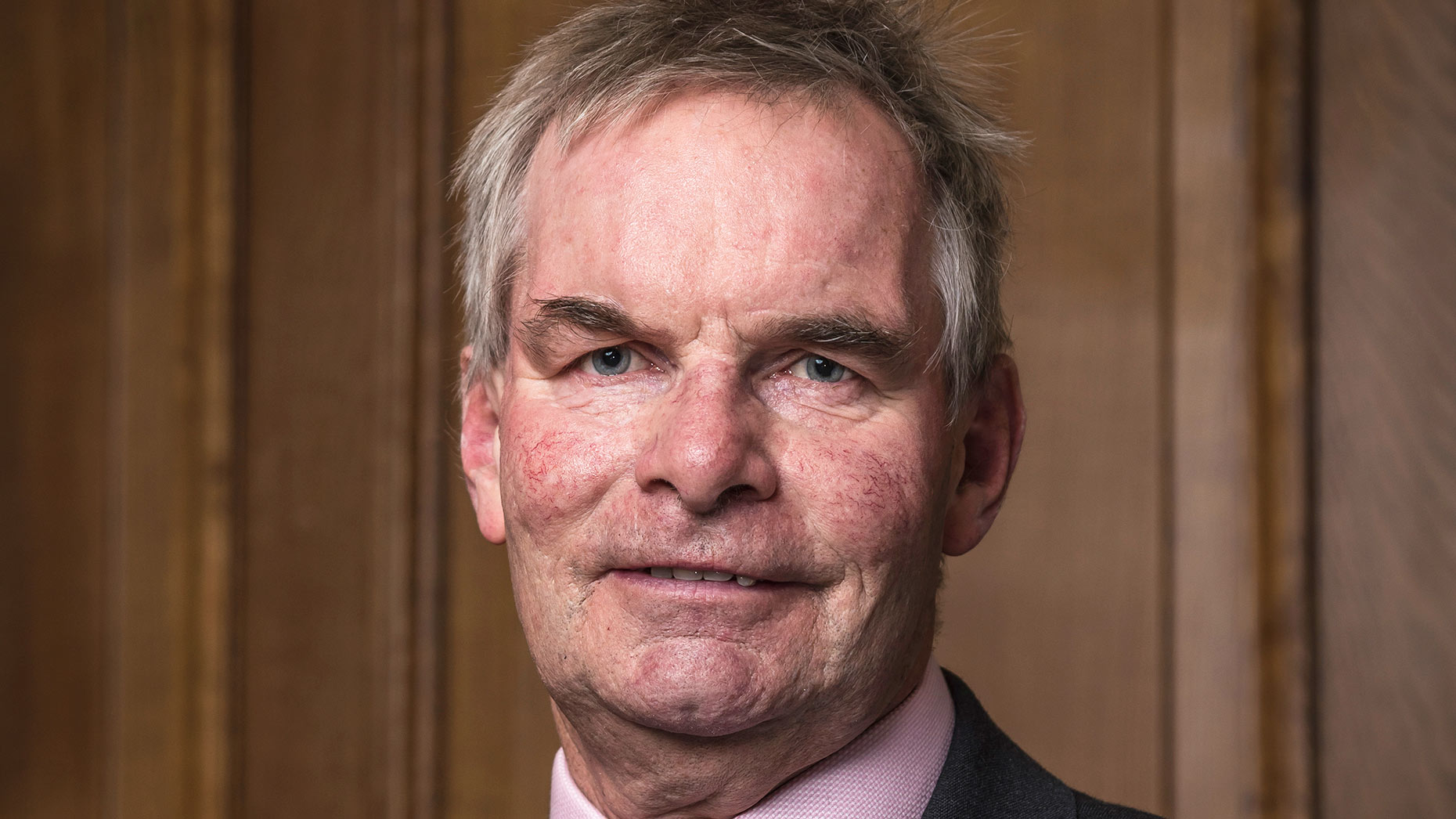After the historic EU referendum vote, the actual “divorce” will begin in just a few weeks.
As readers will know, the government has pledged to trigger Article 50, beginning the process of leaving, by the end of March.
That will be followed by a period of complex negotiations with our EU neighbours to secure the best possible deal for the UK.
But what does all this mean for Lincolnshire? What does the post-Brexit future hold for us?
I’m hugely optimistic that the country and the county can both thrive outside the EU, as we’ve done so successfully in the past.
It’s about seizing the very real economic and other opportunities presented by Brexit, not getting demoralised by the challenges.
Looking to the future, the UK will again have control of its borders, and can ensure migration is reduced to sensible levels.
That will be welcomed by residents across all seven Lincolnshire districts, which without exception returned “Leave” results well above the 52% national figure.
In Lincolnshire, of course, EU workers currently play a vital role in our farming and food production sectors, as well as in big organisations like the NHS.
That may need to continue for years to come, while we invest in better skills and training for our own young people, as well as new technology.
Besides migration, the UK’s huge contribution to the EU budget was another big issue in last June’s referendum.
Although Vote Leave’s £350m figure was disputed, no-one doubts that we currently hand over many millions of pounds to Brussels every week.
Outside the EU, that money will again be under the government’s control – and it’s essential that Lincolnshire receives a fair share of it.
As a vitally important agricultural county, we will need support for farmers to replace the current flawed system of subsidies, so they can compete on a level playing field.
For the first time in decades, we can decide for ourselves how best to target that help, balancing efficient production with good environmental practice.
After Brexit, EU infrastructure money will also be back in the country’s own hands, allowing us to set our own priorities for big projects.
Locally, for example, I’d argue for the dualling of the A17 and A15, as well as investment in better flood protection and energy generation.
We also need to give as much support as possible to Lincolnshire’s many great businesses – big and small – encouraging them to thrive in the global economy.
Already, our exporters are benefiting from the fall in the value of the pound, which has made their goods more competitively priced, and confidence is high.
In the post-Brexit world, we need to forge more international relationships, creating new jobs and more prosperity for local people.
Of course, none of this means turning our backs on Europe – far from it.
It’s in everyone’s interests for our close trading, economic, cultural, security and other links with the remaining EU member-states to continue, and they will.
As with any divorce, the best approach is to look to the future with optimism – not back to the past with regret – and see just how much we can achieve.
Martin Hill OBE is the Conservative Leader of Lincolnshire County Council. A former farmer, Martin was elected to Lincolnshire County Council in 1993, representing Folkingham Rural. He became council leader in 2005 and was later awarded an OBE for services to Lincolnshire. Martin lives in a former pub at Kirby Underwood with wife Janice and their irrepressible Patterdale Terrier, Boris.







